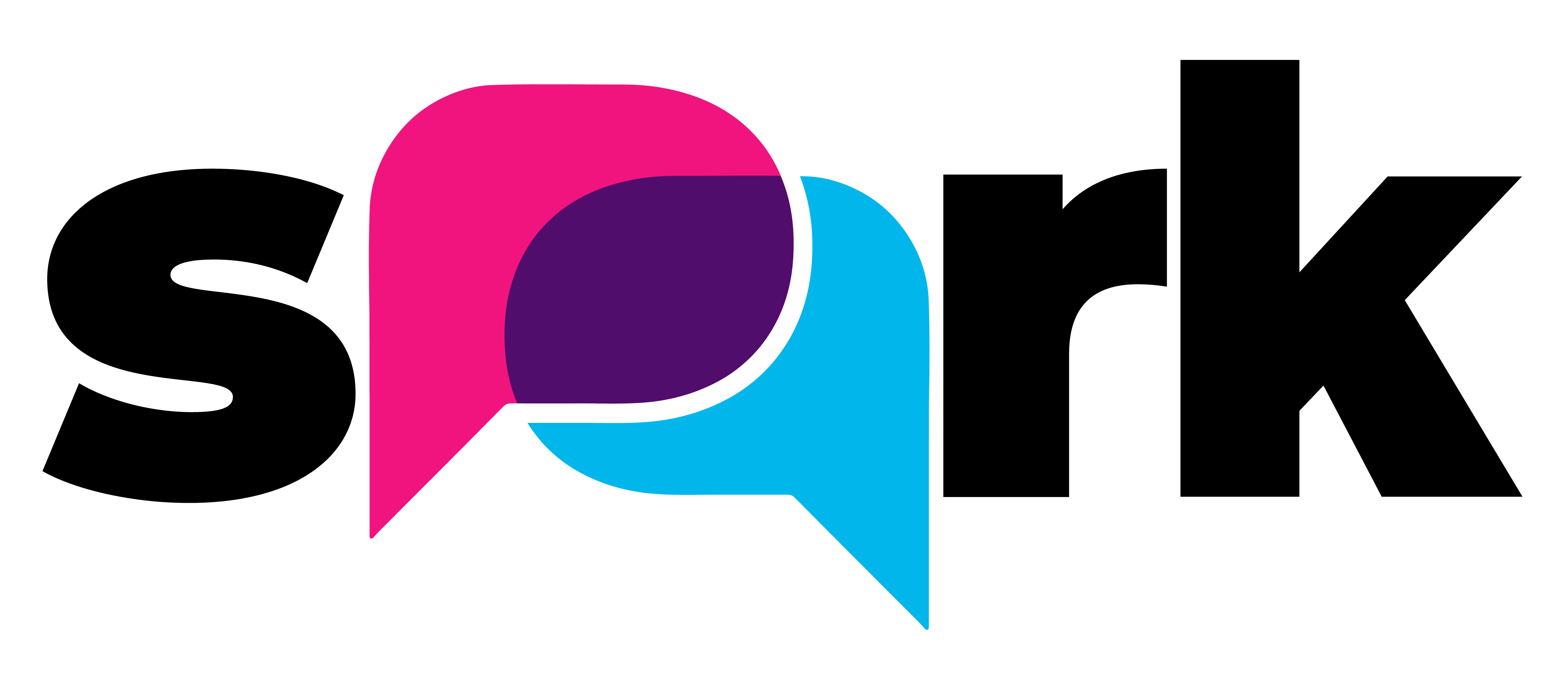Courses to study if you want to be a Finance Professional in Ghana

Even after Ghana’s financial sector has been ravaged by the Domestic Debt Exchange Programme (DDEP) which saw the maturities of bonds extended and their interest rates cut, the financial sector is still among the most attractive landing spots for many young people. Data from the Ghana Earnings and Savings Survey (GESS 1) shows that 56% of respondents in the Finance, Audit & Assurance, and Management Consulting industry made at least GHS 5,000 a month compared to 45% for all respondents as a whole. In this post I will discuss how one can become a finance professional in the country.

No matter what you studied at the secondary or tertiary level, you are not excluded from seeking a finance career. And perhaps that is why finance is such a popular field. There are people who had successful careers in finance without ever having studied it at any level. For the purposes of this post though, I am going to draw a pathway through the acquisition of an education in finance with the caveat that not having this education will not preclude you from a financial career.
Degrees to Consider
A good foundation for the finance profession is a degree in finance, accounting, administration, economics, or banking. As I have already explained that you do not necessarily need a degree in any of these fields to work in finance, people who do not have these degrees should in no way be discouraged. However if you are now considering a degree, any of those mentioned will give you a good training to prepare you for the job market or subsequent study.
When making a choice about which university to attend, consider their relationship with industry. Do they have faculty who hold or have previously held roles in industry? Do they have internship placement arrangements with industry? Do they have a strong alumni network that helps place people in industry? The objective is to find a university that not only provides a great education but also one which would increase the likelihood of you being noticed by the industry.
Certifications to consider
1. Ghana Investment and Securities Institute (GISI)
This certification is non-negotiable if you want to work in any investment company, it is an industry requirement. The GISI was incorporated in 2015 as a joint venture by the Securities and Exchange Commission (SEC), Ghana Stock Exchange (GSE), Ghana Securities Industry Association (GSIA), and the Central Securities Depository (CSD) to license investment and securities professionals. This programme replaced the former courses held by the GSE. They have two options – GISI (qualification to be licensed only in Ghana) and CISI (qualification to be licensed worldwide). Their examinations are in four levels with a 70% pass mark required in each paper. You can learn more about this and register by clicking here.
2. Certified Financial Analyst (CFA)
For many, this is the premier certification for finance professionals. The CFA is organized in three levels with pass rates per level hovering around 40%. Holding this certification will help you stand out when seeking a finance role especially in investment management, asset valuations, wealth management, and portfolio construction. Read more about them here.
3. Institute of Chartered Accountants, Ghana (ICAG) or Association of Chartered Certified Accountants (ACCA)
Both of these programmes will give you an extensive, advanced level of understanding of financial reporting, corporate finance, and taxation. Do note that the pass rates for these programs can be as low as, or even lower than, those of the CFA, so do not be discouraged when you fail. Given the broad nature of their curriculum, holders of these certifications can work in almost any sub-category of finance. For a deeper dive into ICAG and ACCA as well as how they compare with each other, read this.
4. Chartered Global Management Accountant (CGMA)
The Chartered Institute of Management Accountants (CIMA) formed a partnership with the American Institute of Certified Public Accountants (AICPA) to produce the CGMA designation. With 3 levels and 9 papers in total, the CGMA takes an average of 4 years to complete but the designation provides a pathway to a finance career not only in Ghana but globally. For more, click here.
5. Chartered Institute of Bankers, Ghana (CIB)
As the name suggests, CIB provides a pathway for professionals who want to get into banking. It consists of 4 levels and you can read more about it here.
To save time, I will suggest others you can consider and include links so that you can read more about them.
- ACI Financial Markets Association
- Financial Risk Manager (FRM) Certification
- Corporate Finance Institute (CFI)
- Chartered Institute of Taxation, Ghana
- Institute of Chartered Certified Economists (ICCE)
- Association of Certified Chartered Economists (ACCE)

Post-Graduate Degrees to Consider
As this post is about industry and not academia, I will focus exclusively on post-graduate degrees that focus on industry. At the post-graduate level, it is usually expected that one is already in a career and is seeking more knowledge for a promotion or is seeking to specialize. However, the stiff competition in Ghana’s job market means that people are getting post-graduate degrees for entry level roles. Here are a few you can consider.
1. MSc/MPhil in Finance, Economics, Accounting or Risk Management.
These are for people who want to emphasize their technical skills. They study advanced concepts and learn how to produce original research in their field.
2. MBA in Accounting or Finance.
This is for people who want to emphasize their management skills. MBAs are expected to be top level strategic thinkers who can transform businesses. Therefore the emphasis is less about technical skills than it is about administrative prowess.
3. Doctor of Business Administration (DBA)
Perhaps a crowning achievement for people who want to exhibit their mastery of business concepts. This degree is equivalent to a PhD but DBAs are rarely in academia, and are more likely to be experienced business or finance professionals who pursued the degree out of passion not necessity.
Conclusion
At the end of the day there are no guarantees. There are people without any of these qualifications who have a successful career in finance and there are those with multiple of these qualifications who struggle to break in. With a relentless pursuit of opportunities though, you will likely find success in building a career in the industry.
If you have any questions or require clarifications, leave a comment and I will respond. For finance professionals who also want to share more information to help people trying to break into the industry, do leave a comment also. Thanks for reading.
This article was taken from www.ceditalk.com. Visit their website for all finance news and updates










